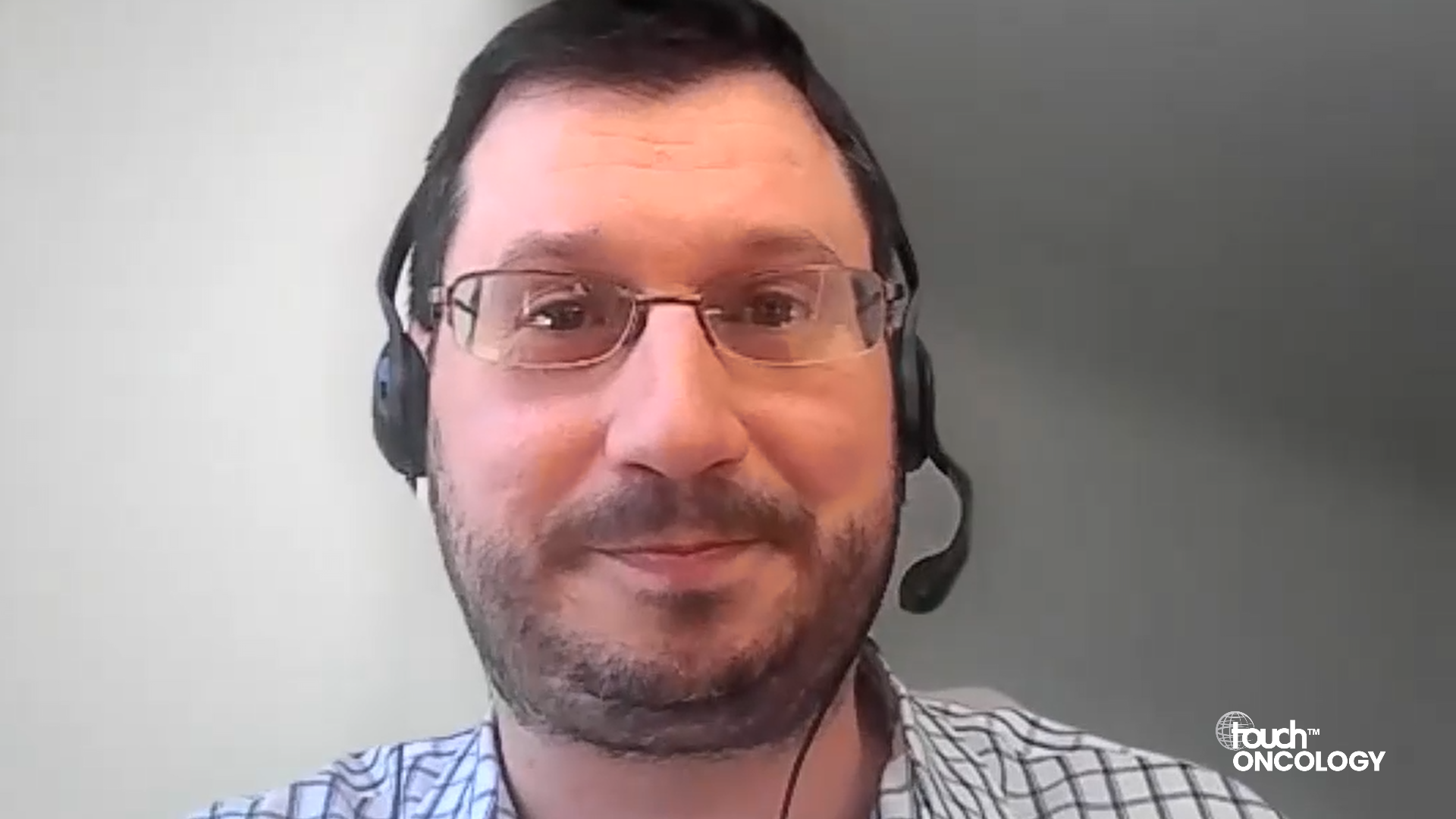Bladder Cancer
An Introduction to Bladder Cancer
Bladder cancer is the most common malignancy involving the urinary system. While cisplatin-based chemotherapy and Bacillus Calmette-Guérin (BCG) remains the standard of care for muscle-invasive and non-muscle-invasive disease, respectively, the development of immune checkpoint inhibitors has transformed the management of advanced urothelial cancer, with atezolizumab, durvalumab and avelumab being approved for use following platinum-based chemotherapy or in as first-line treatment in platinum-ineligible patients. However, many patients fail to respond to these agents, and predictive biomarkers remain an unmet need. Emerging treatment options include combined immunotherapy approaches, targeted therapies and antibody-drug conjugates.
Browse our selection of video highlights and short articles from the conference hub, which provide insights into the latest updates from major conferences, and a collection of peer-reviewed articles from the journal portfolio. These are complemented by a range of educational activities from our expert faculty, with patient outcomes at the forefront.
Our supporting partners do not constitute an endorsement of the content on this page.








